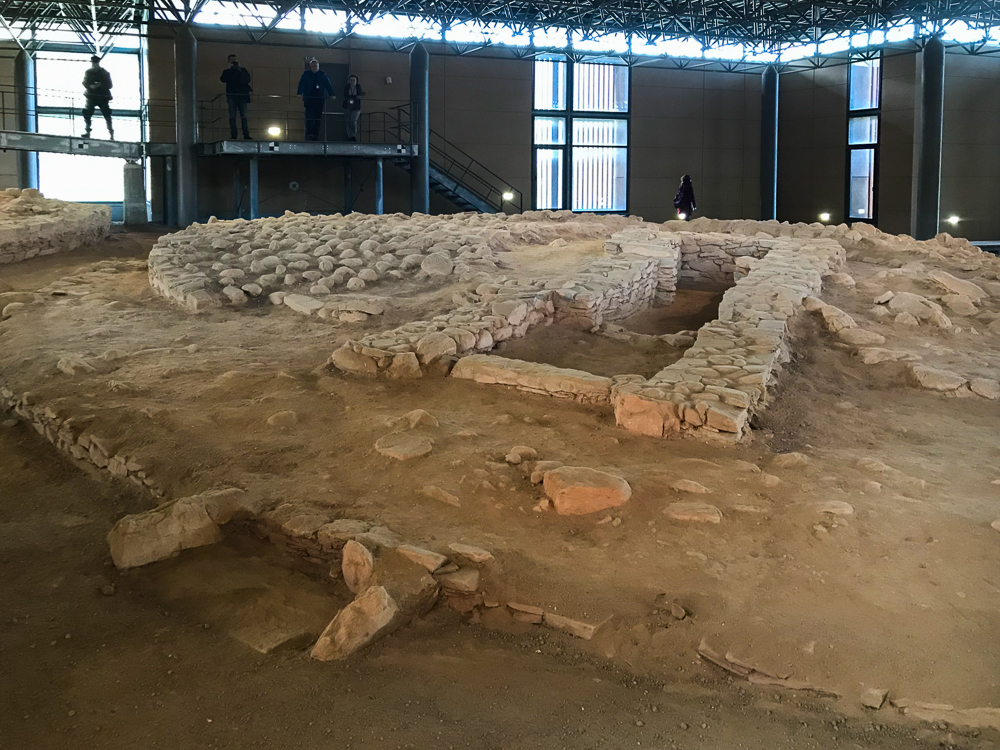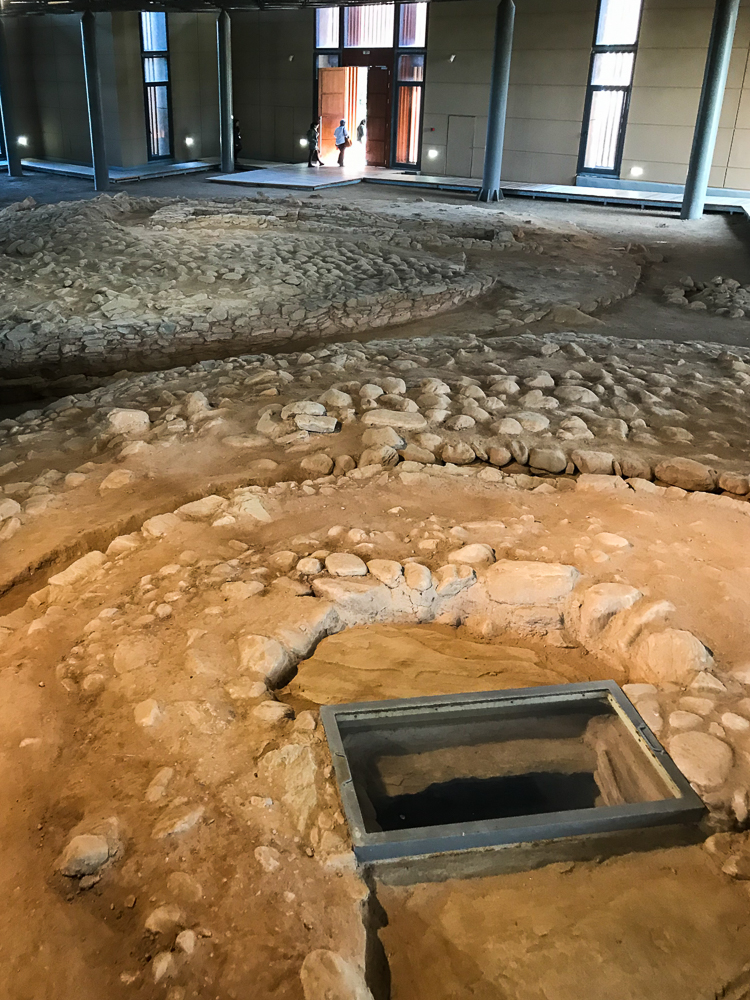Protohelladic tombs area of Marathon
The Early-Helladic cemetery (3000-2300 BC) includes graves in rectangular and circular shapes.
Location
Timeline
Modern and Contemporary era (1821 - )
1933 The excavation of the Tomb in Arnos began and completed 2 years later.
2004 The roof for the middle- Helladic tombs was constructed.









Share